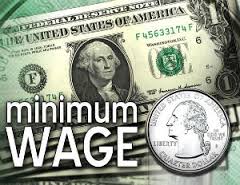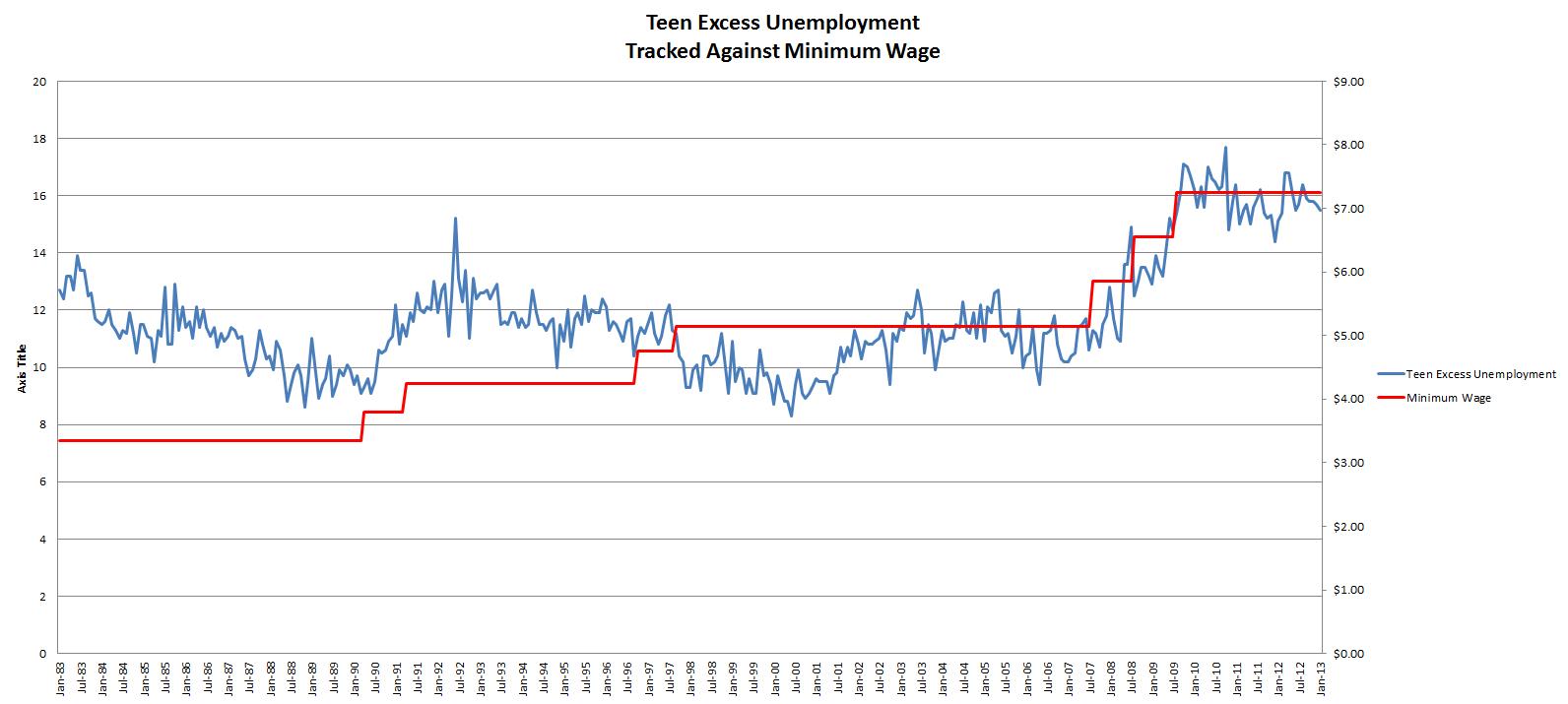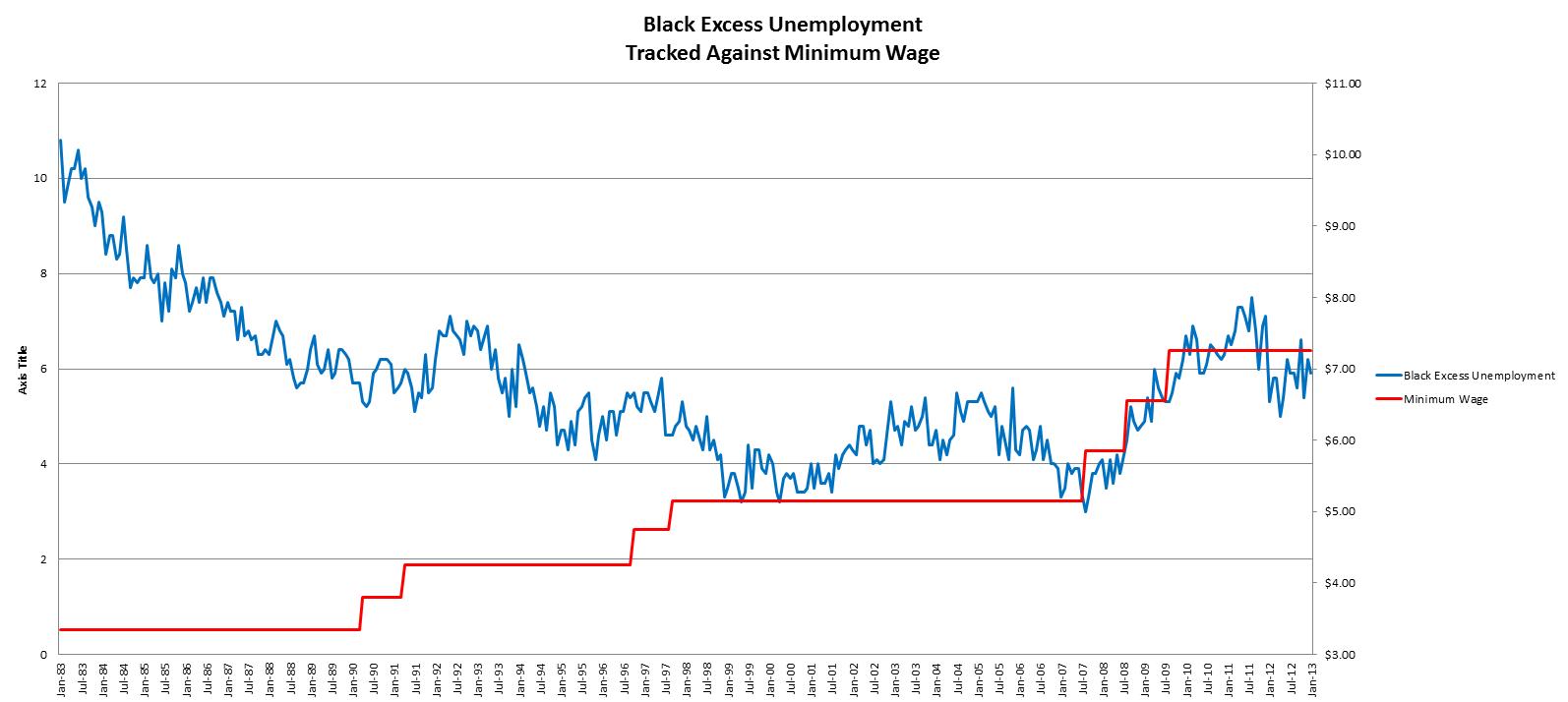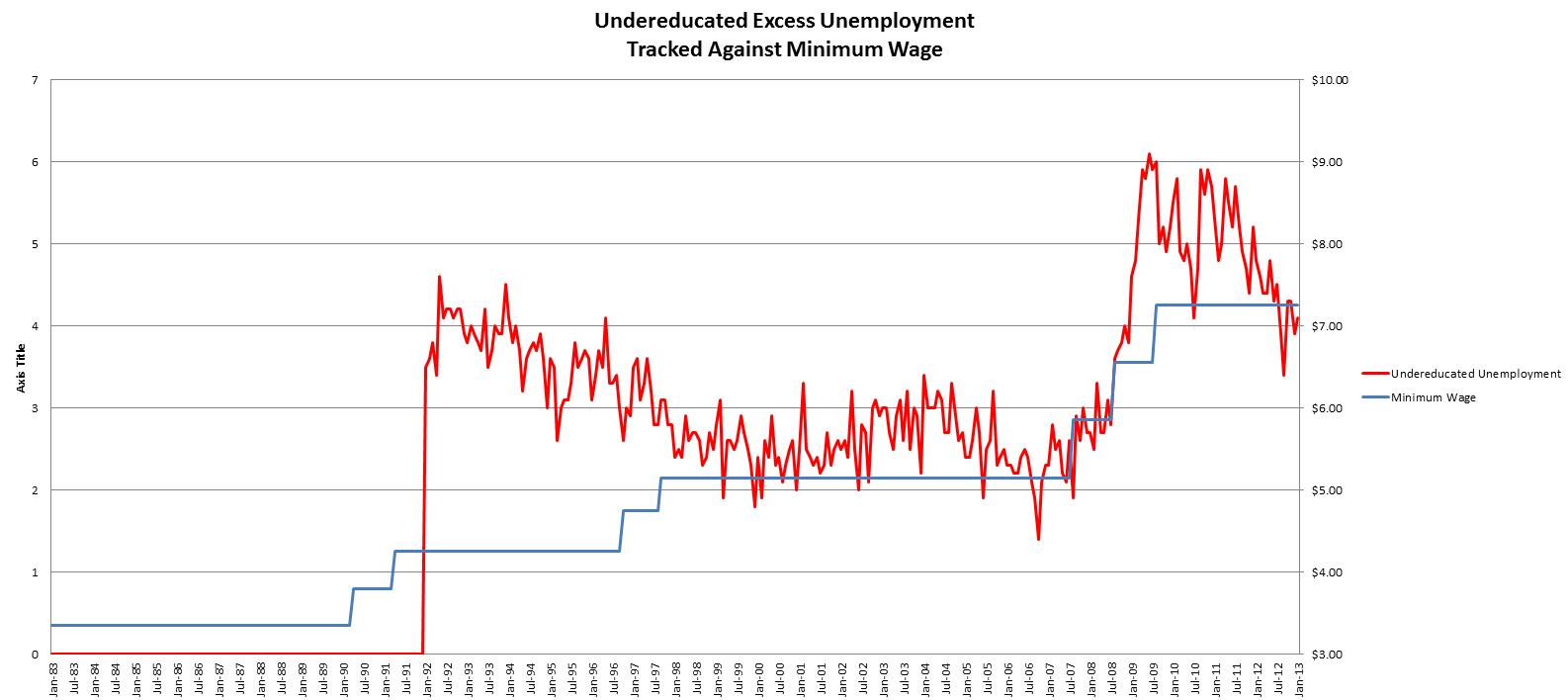This past Friday I posted on the problems that Obamacare is facing:
One of those problems is counter-intuitive. The ACA is going to force policies to rise.
…
These prices are only going to continue to rise as Obama’s target market shuns the the law opting for a fine that might not ever be levied – the young and the healthy are fleeing the scene of the crime. This results in only the older and the sicker enrolling; the most costly of the people covered. The only result is a rise in policy costs.
In addition to the costs associated with rising policies, there will be rising costs in other places as well. However, these costs are GOOD costs:
“The real big surprise was how much out-of-pocket would be required for our family,” said David Winebrenner, 46, a financial adviser in Lebanon, Ky., whose deductible topped $12,000 for a family of six for a silver plan he was considering. The monthly premium: $1,400.
While the health law makes many preventive services free — such as vaccines, blood pressure screening and mammograms — most medical care is paid out of pocket until the deductible level is reached. Some of the new plans offer limited coverage for certain services before a patient has met the annual deductible. These services can include primary care, some prescription drugs and routine care for common chronic conditions such as high blood pressure and diabetes.
We are never, EVER, going to control the costs of medical care until we expose such care to the market. Wanna have people spend less on health care? Ask them to spend their own money.
“But Pino, if we allow the government to negotiate prices for the goods and services, we’ll SAVE money!”
Exhibition A:
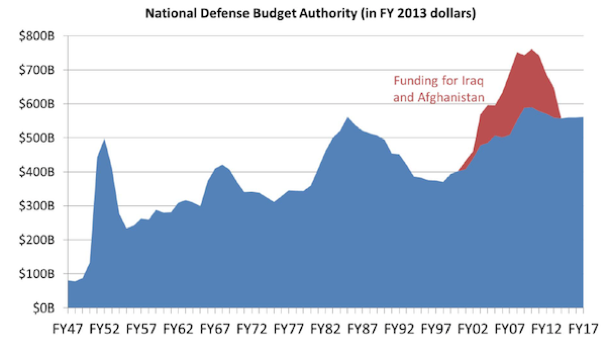 Another industry where the government is the only player, and we can’t contain it either.
Another industry where the government is the only player, and we can’t contain it either.
No, the answer isn’t government control of the health care industry – the answer is the exposure of the health care industry to the free market. And high deductibles is the very best way to do that.




